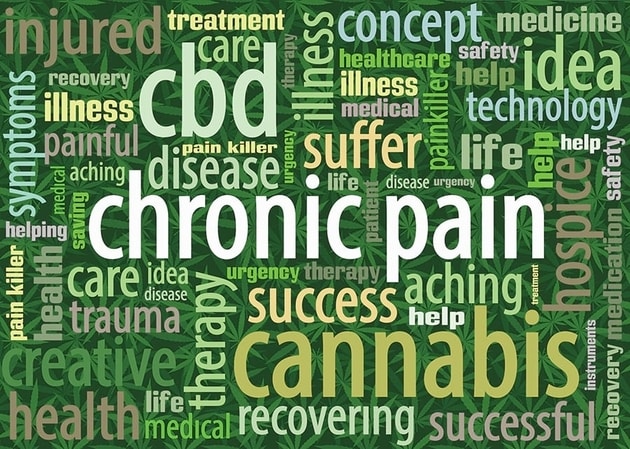
2019 is supposed to be the “Year of Weed.” Major states like Illinois, New York, and even Dabbin’ Dad’s home state of Connecticut could all vote on legalizing cannabis this year. You would expect that cannabidiol, which is sold all over the country in gas stations and supermarkets, would already be completely legal in all forms.
Unfortunately, you’d be wrong.
Though federal legislation from last year did make industrial hemp legal, there is still a lot of confusion about how to regulate and restrict products containing CBD. These challenges aren’t reserved for America – our friends across the pond are waging their own battle on CBD regulation. And sadly for those who benefit from CBD’s natural healing and pain relief, the confusion has led to a ban in several major states and cities.
Didn’t the Farm Bill Legalize Hemp, Making CBD Fully Legal?
Officially, yes. With high-profile support from Senate Maj. Leader Mitch McConnell, the 2018 legislation was passed by Congress and signed into law by President Trump just before Christmas. It made industrial hemp 100% legal, a designation expected to bolster farming sectors in states including Iowa, Alabama, and Kentucky. Some projections have the industrial hemp industry tripling in less than three years.
But as farmers and restaurant owners are finding out, there are a lot of steps between a law getting passed and getting implemented. States from New York to Iowa are cracking down on merchants selling CBD foods and drinks. In New York City, restaurants and cafes have had their CBD products confiscated and embargoed in stapled bags. Even weed-friendly California’s Department of Public Health banned the use of CBD oil in all food products in a July 2018 memo.
Why are States Banning CBD if it’s Federally Legal?
The issue is about regulation. Other than a vague press release published on the day the Farm Bill was passed, the FDA has not come out and provided specific guidance on how CBD should be regulated, inspected, certified, or sold to consumers. As mentioned in the announcement, the bill did not change anything else about federal cannabis laws and still leaves the regulation of CBD oils used in food and dietary products to the discretion of the FDA.
It’s not that these states are opposed to people consuming CBD in foods or pills. The problem is that state health departments have no guidelines to ensure CBD being sold in restaurants and stores is of consistent quality and dosage. And without a way to understand what’s in CBD consumables, state authorities can’t allow them to be sold to people.
The same thing is happening in the United Kingdom, where CBD was given a ban of at least 12 months by being placed on the “novel foods” list. Until the British Food Standards Agency conducts testing and approves CBD – a process that could take several years – it cannot be sold in food or beverage.
What’s Going to Happen Next?
The FDA could easily put an end to this unfortunate backlash against CBD. Commissioner Scott Gottlieb had made some encouraging statements, claiming that he was putting a senior panel together to investigate CBD, with hearings expected in April. However, Gottlieb announced his resignation earlier this month. His expected successor, former head of the National Cancer Institute Ned Sharpless, has not announced any formal plans for FDA instruction on CBD, leaving the matter at a standstill for now.
With FDA leadership in flux in the U.S. and the UK in the midst of a Brexit crisis, it could be a long time before any major developments relating to the legal status of CBD food and drinks. It’s another reminder that despite the great progress made by cannabis advocates, a long road lies ahead to get natural medicines regulated the way they should be.

Check out Dabbin Dad for all your strain information and know your medicine.


